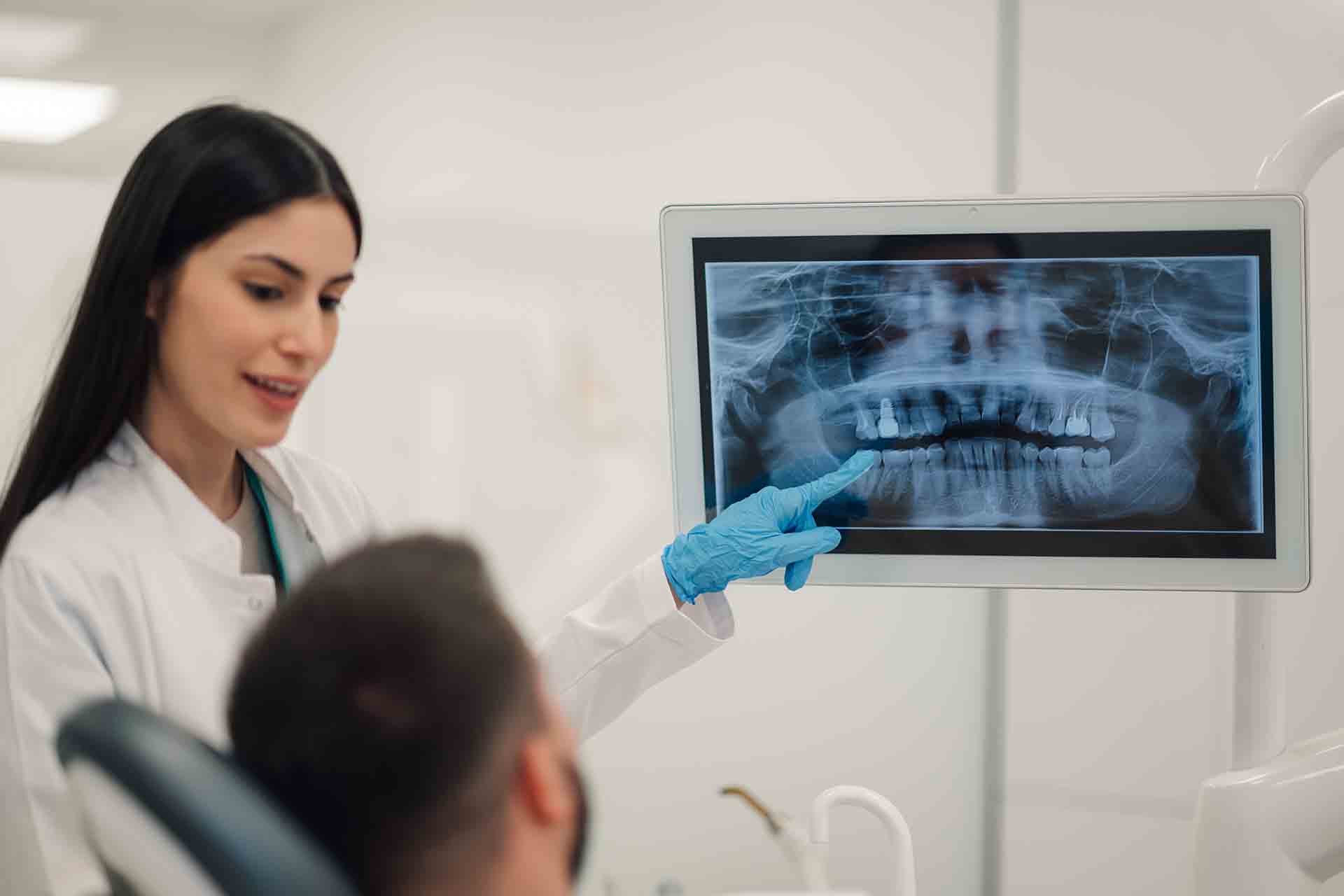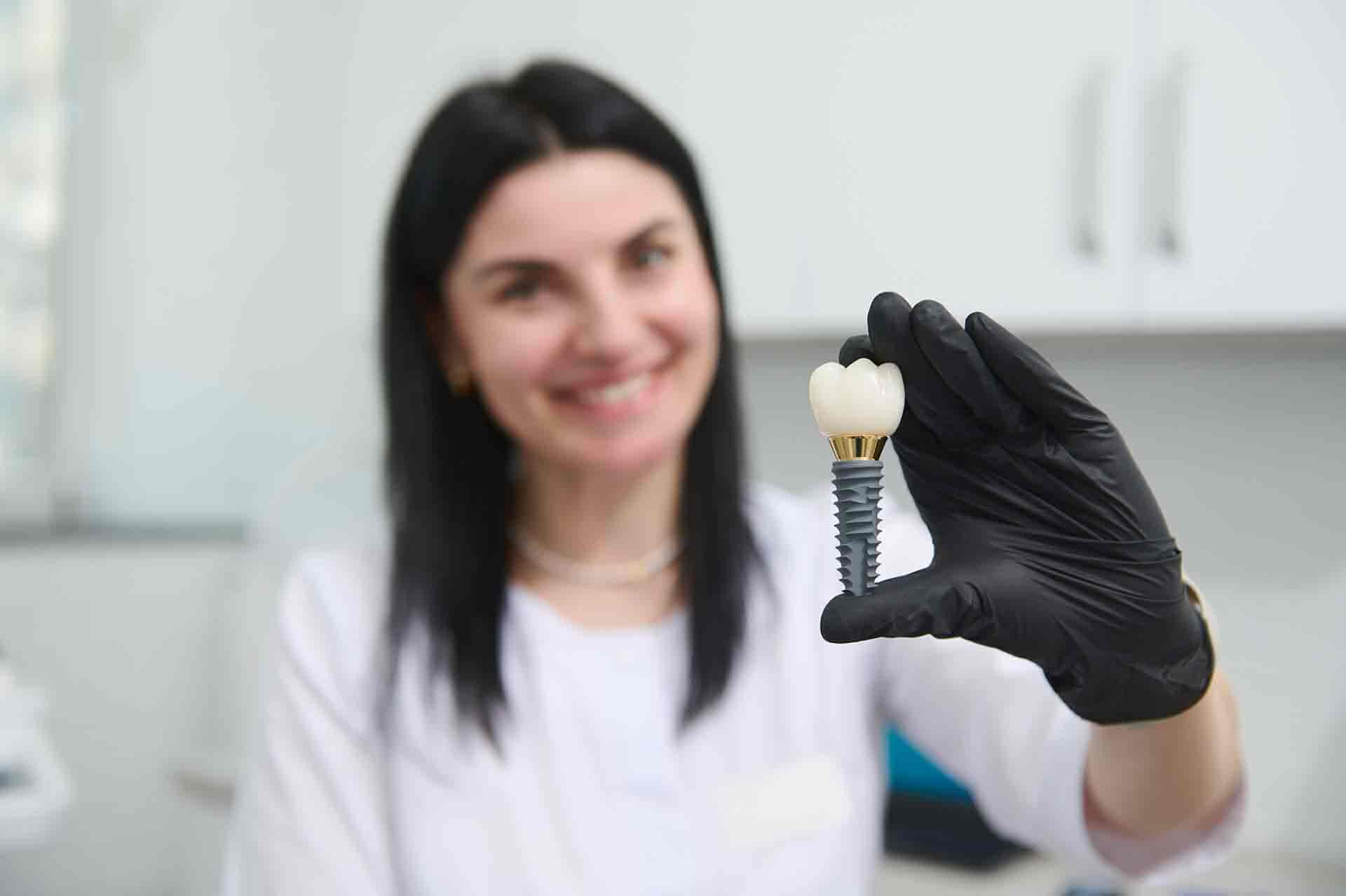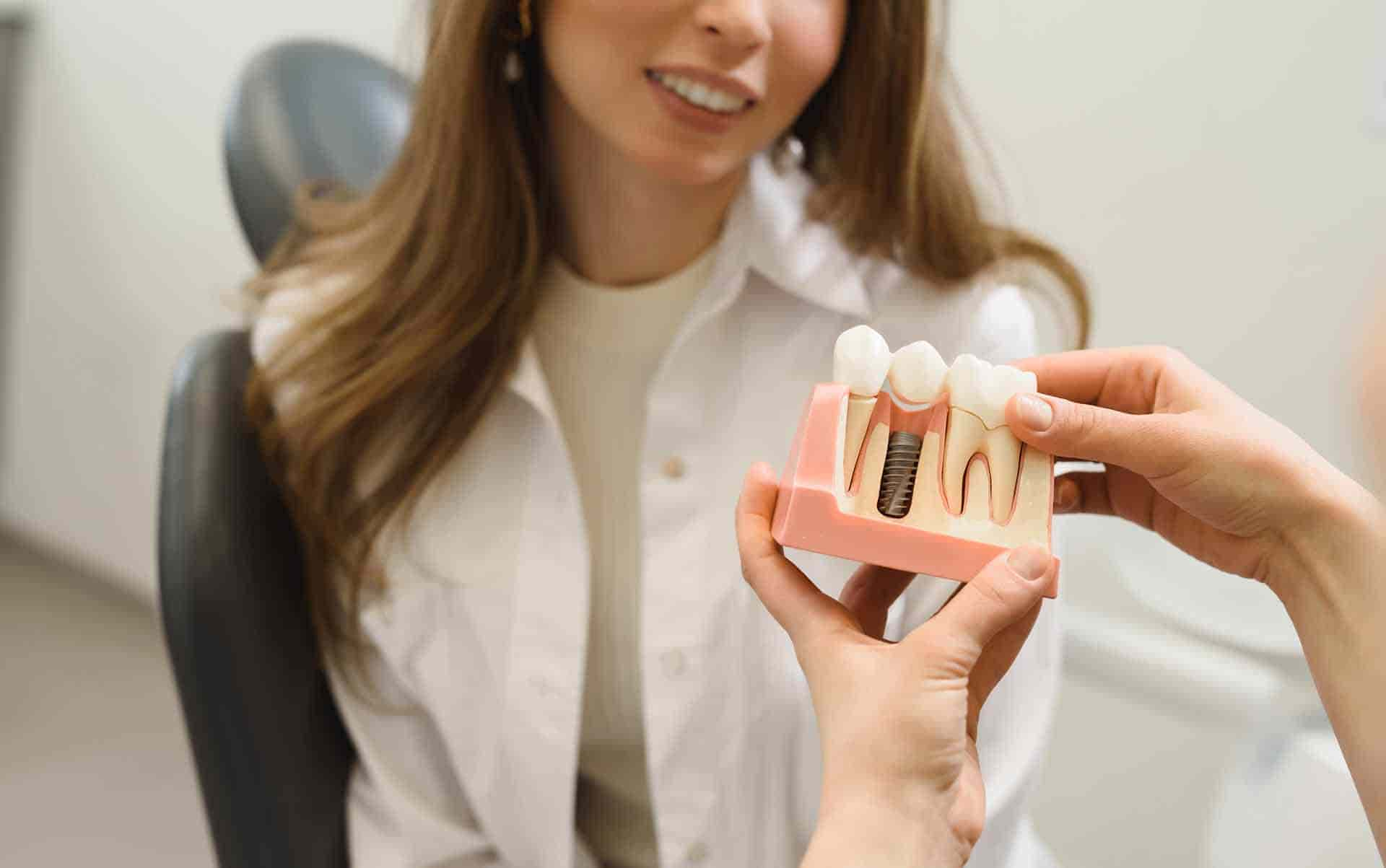Sleep apnea: The causes and risk factors
August 2023
Have you been recently diagnosed with sleep apnea, or suspect you are suffering from it? You are not alone. In order to properly treat sleep apnea (rather than give you a band-aid, such as a CPAP machine), knowing the cause of your sleep apnea is extremely important. It can be impossible to know what the root cause of your sleep apnea is without doing some investigating. Keep reading to learn more about the causes of sleep apnea and receive the proper treatment for sleep apnea.
What is sleep apnea?
Sleep apnea is a potentially serious sleep disorder in which breathing repeatedly stops and starts. If you snore loudly and feel tired even after a full night’s sleep, you might have sleep apnea.
The main types of sleep apnea are:
- Obstructive sleep apnea, the more common form that occurs when throat muscles relax
- Central sleep apnea, which occurs when your brain doesn’t send proper signals to the muscles that control breathing
- Complex sleep apnea syndrome, also known as treatment-emergent central sleep apnea, which occurs when someone has both obstructive sleep apnea and central sleep apnea
Causes and risk factors of sleep apnea
Some of the major causes of sleep apnea include:
- Being overweight. Obesity is a very common cause of sleep apnea because the excess fat around the neck can obstruct the airways. A simple lifestyle change of losing weight can greatly reduce sleep apnea symptoms or potentially get rid of it all together.
- Anatomy. Many people naturally have thicker necks, narrow throats, large tonsils, dental issues, or jaw issues that can cause sleep apnea.
- Use of certain medications. Many medications, such as sleep aids and other sedatives, can relax throat muscles and cause sleep apnea.
- Use of alcohol or smoking. Smokers are three times more likely to have obstructive sleep apnea than people who’ve never smoked. Smoking can increase the amount of inflammation and fluid retention in the upper airway.
- Medical conditions. Certain medical conditions put people at a higher likelihood of developing sleep apnea. Congestive heart failure, high blood pressure, type 2 diabetes, Parkinson’s disease, Polycystic ovary syndrome, hormonal disorders, prior stroke, and asthma.
Sleep apnea treatment with raio dental
Sometimes, sleep apnea can be helped through certain lifestyle changes. However, if it is not enough and you are looking for relief from sleep apnea symptoms, we are here for you to help you take the next step.
Located in Medford, New York, Dr. Raio is an Airway Health Specialist and Restorative Dentist. He has over 25 years of clinical experience and is a strong advocate of ongoing education, and remains on the cutting edge of the most advanced treatments available for the treatment of his patients. The clinic offers a wide range of services, such as general services, specialty services, and sleep dentistry.

What Are the Latest Orthodontic Innovations That Are Making Treatment Faster?
February 2026Key Takeaways Orthodontic innovations are making treatment faster, smarter, and more comfortable AI orthodontics improves accuracy through AI treatment planning and visualization simulations Clear aligner innovations and smarttrack aligners support better tracking and ...
A Complete Guide to Restoring Damaged Teeth in New York
January 2026Key Takeaways:- Restoring damaged teeth is more reliable than ever with modern dentistry Early treatment helps repair damaged teeth before problems progress Damaged enamel restoration focuses on mineralization and protection, not true regrowth Restorative ...
Preventive Dental Care Trends in 2026: Early Detection & Smart Care
January 2026Key Takeaways:- Preventive dental care trends in 2026 are all about catching problems early and tailoring care to each patient Digital diagnostics and smart oral devices make proactive dental care easier than ...
Is Professional Teeth Whitening Worth the Cost in New York?
January 2026Key Takeaways Professional teeth whitening delivers faster, longer-lasting results In-office treatments are safer than over-the-counter kits Whitening improves confidence and smile appearance Dentist-guided whitening reduces sensitivity risks Results typically last 6–12 months with good care Professional ...
Is Teeth Whitening Permanent?
January 2026A bright, white smile can boost confidence and transform your appearance but one common question patients often ask is, "is teeth whitening permanent?". The truth is that while teeth whitening ...
All-on-X Implants vs. Traditional Dentures: Pros and Cons
October 2025When considering tooth replacement options, many patients wonder about All-on-X Implants vs. Traditional Dentures: Pros and Cons. Both solutions can restore a full arch of teeth, improve oral health, and ...
Maintenance & Aftercare of All-on-X Implants
October 2025Maintenance & Aftercare of All-on-X Implants is essential to ensure the long-term success of your full-arch dental restoration. All-on-X implants offer a stable, durable solution for patients missing multiple teeth, ...
Can a Night Guard Help With Snoring?
September 2025Snoring is a common issue that affects both the person snoring and their sleep partner. For some, it's just a minor nuisance, but for others, it can signal an underlying ...
How to Reduce Swelling After Oral Surgery
September 2025Swelling is one of the most common side effects after oral surgery. Whether you've had your wisdom teeth removed, a tooth extraction, or another procedure, swelling is part of the ...
Can TMJ Cause Dizziness? Understanding the Link Between Jaw Disorders and Balance
August 2025Do you ever feel lightheaded for no clear reason? Struggle with sudden dizziness when standing up or turning your head? Feel off-balance even when everything else seems normal? These symptoms ...
Can Orthodontics Improve a Misaligned Jaw?
September 2025Did you know? A misaligned jaw can cause chronic headaches, ear pain, difficulty chewing, and even lead to temporomandibular joint (TMJ) disorders. Most people think orthodontics is only for straightening ...
























